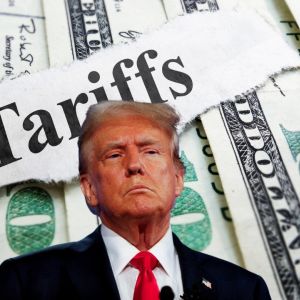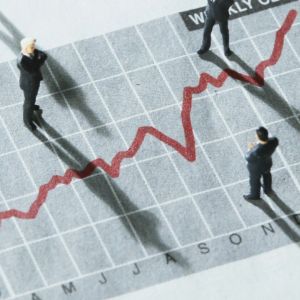Hawaiian coffee farmers say Trump’s tariffs on Brazil and Vietnam will hurt them, not help
3 min read
Hawaiian coffee growers aren’t buying Trump’s trade war strategy. They’re straight up telling him: these tariffs won’t help us, they’ll crush us. According to Bloomberg, farmers across Hawaii are now pushing back against the idea that tariffs on Brazil and Vietnam will somehow benefit their operations. They say it’s the opposite. If Trump follows through on slapping a 50% levy on Brazil and 20% on Vietnam, growers in Hawaii will suffer along with the rest of the coffee market. The assumption sounds nice on paper. Since Hawaii is the only U.S. state that grows coffee commercially, maybe these tariffs give local producers an edge, right? But farmers are clear: that’s not how this works. “Tariffs will probably hurt us as much as it would hurt the mainland roasters,” said Suzanne Shriner, who runs Lions Gate Farms and also serves as vice president of the Kona Coffee Farmers Association. Price hikes squeeze demand and crush local growers Shriner says she’s watching this happen in real time. If prices shoot up across the board, coffee drinkers will start skipping their morning brew or switching to cheaper alternatives. Coffee prices are already high due to global production issues. Now throw in tariffs . Starbucks could lose 1.4% of its earnings if the Brazil levy goes from 10% to 50%, according to TD Cowen analyst Andrew Charles. Trump claims he’s just trying to level the playing field. He wants to fix what he calls unfair trade practices and bring production back home. But coffee is not steel. It can’t just be reshored. As Bill Murray (no, not the actor, the head of the National Coffee Association) pointed out in a letter to the U.S. Trade Representative, “coffee simply cannot be grown in most of the United States.” That leaves Hawaii. And here’s the problem: they don’t have room to ramp up. The USDA expects Hawaii to produce just 12,040 tons of coffee cherries for 2024–2025, and that number shrinks even more once you process it into usable beans. Meanwhile, the U.S. imported over 450,000 tons of unroasted beans from Brazil alone in 2024, valued at nearly $2 billion. “That’s not anywhere near the scale required,” Murray warned. And the association hasn’t even said a word about the latest tariff threats. Luxury beans can’t survive if daily coffee becomes unaffordable There’s another reason Hawaii growers are stressed. Two-thirds of Americans drink coffee daily, averaging three cups a day. If inflation and tariffs push up the price of a basic bag of Maxwell House, people won’t turn to Kona coffee. They’ll turn to Red Bull. Or they’ll just stop buying altogether. “If the price of, let’s say, Maxwell House, doubles at the grocery store, I don’t think people are going to be like, ‘Oh, now I’m going to buy Kona coffee,’” said Tony Tate, who co-owns Ka’awaloa, a 7-acre coffee and cacao farm. A pound of roasted Kona beans retails for $60, and the U.S. averages $8 per pound for ground roast coffee. Hawaii’s green beans are worth $21.90 per pound right now, but by the time they reach store shelves, those numbers will likely double. This isn’t just theory. Adam Potter, who runs around 3,000 coffee trees and 18,000 cocoa trees on the Big Island, laid it out clearly: “If we price them out of a coffee at home, then we’re going to price them out of exotic coffees too.” In short, if people can’t afford Starbucks, they sure as hell aren’t buying Hawaii’s specialty beans. And it’s not only coffee. The chocolate industry is sounding alarms too. Hawaii’s cocoa production is tiny—not even 50 tons of dry beans in 2022. The U.S. had to import nearly 200,000 tons of cocoa last year. Companies like Hershey are begging for tariff exemptions. In May, the company said it faced $20 million in extra costs during just one quarter. If that keeps going, it could balloon to $100 million before year’s end. KEY Difference Wire helps crypto brands break through and dominate headlines fast

Source: Cryptopolitan



